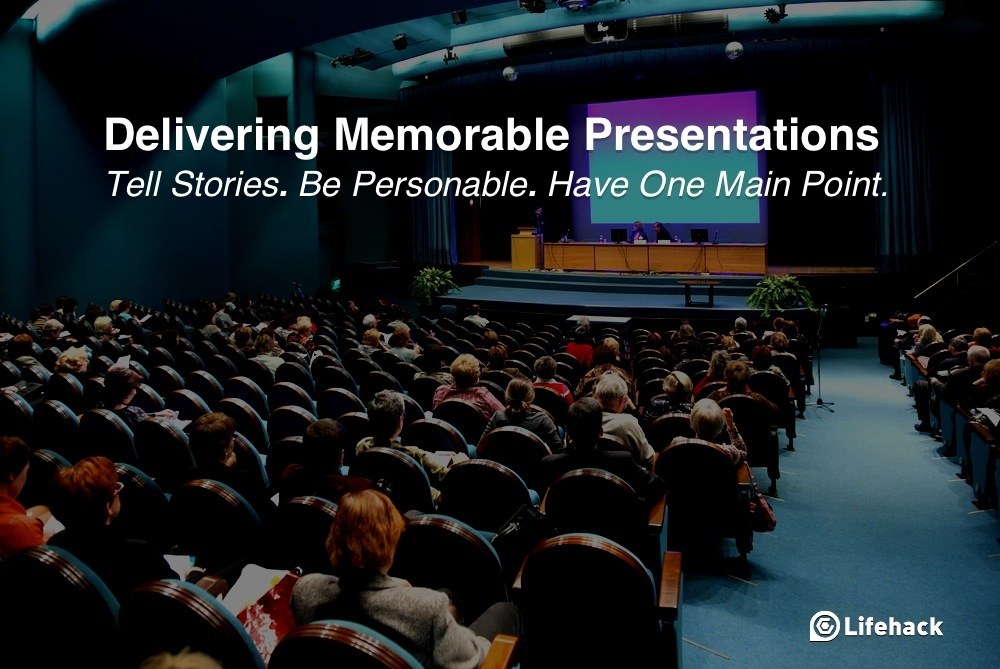Tell Stories
Stories have been around since the beginning of civilization. Most of us love a great story, which is why movies, books, and life experiences are so interesting; they tell a story. If you want to find a way to capture people’s attentions, tell a compelling story. While there are many aspects to telling compelling tales, we will keep it simple for now: when putting together your presentation, think about relevant stories that will help your points stick in the minds of listeners. You can do this by using concrete examples. Concrete examples help communicate a message on a level that everyone can easily understand. When communicating an idea, you can use either abstract or concrete details. Here is a concrete illustration/story someone used that stuck in my head, so much so that I’m using it now. He said, “If you try to use a tablespoon to scoop ice cream, the spoon will bend, but if you try to use an ice cream scoop to stir tea it won’t work properly. The point is that if you are doing things that you aren’t equipped for, it can be much more challenging than if you use your strengths to your advantage.” That concrete story/illustration has stuck with me for quite some time, and that story even comes to mind every time I see an ice cream scoop—proof that stories help to make ideas stick.
Be Personable
Being personable is probably one of the easiest, yet most overlooked, elements to delivering memorable presentations. Some of the best presenters are people who can simply be themselves: they are relaxed, can make you laugh, can mess up and play it off, and much more. By simply being yourself and not overly formal in your presentation, you can add an element that is unmatched—just be yourself and enjoy the ride.
Have One Main Point
Chip and Dan Heath, the authors of Made to Stick: Why Some Ideas Survive and Others Die shared a great insight: “To say more than one thing is to say nothing”. This tells us why we don’t remember many of the presentations we hear—we don’t remember simply because there’s too much information. Now, this isn’t to suggest that you should over-simplify your message and literally only say one thing; the idea is to have one main point, and then have everything else or supporting that main point. You can even state your point in different ways to help drive the message home. One man focus may seem like a little, but if you were faced with the option of being able to present three points only to have no-one remember any of them a few months later, or being able to present one point and have your entire audience remember it after several months, your presentation would be considered to be more successful and indelible. Remember to just keep things simple. This doesn’t mean you can’t present complicated material—it just means you have to find ways to help make that information easier to understand. When information is easy to understand, it’s easier to remember. By using these three tips, your messages can resonate more with people and help you become a better presenter.
